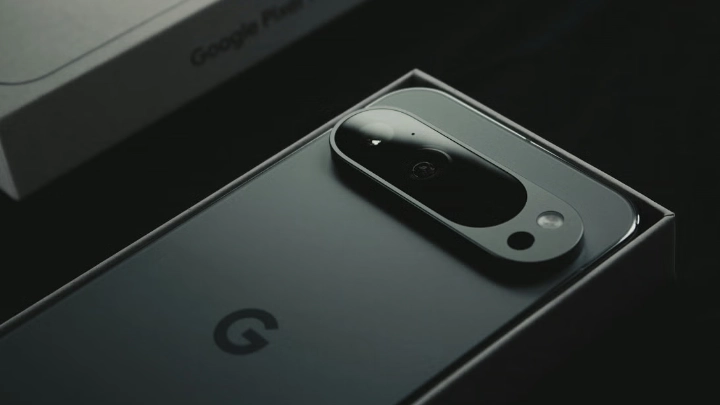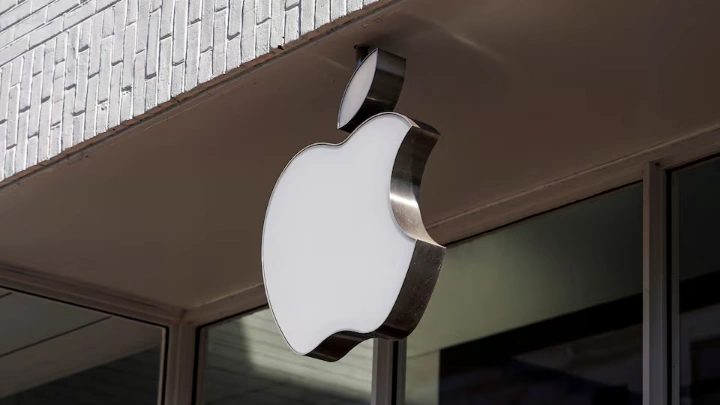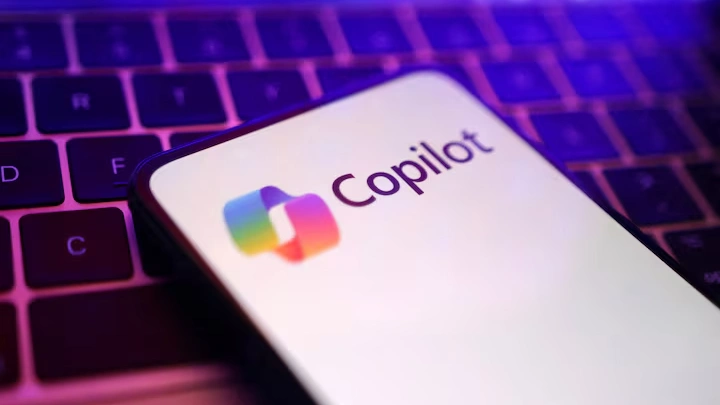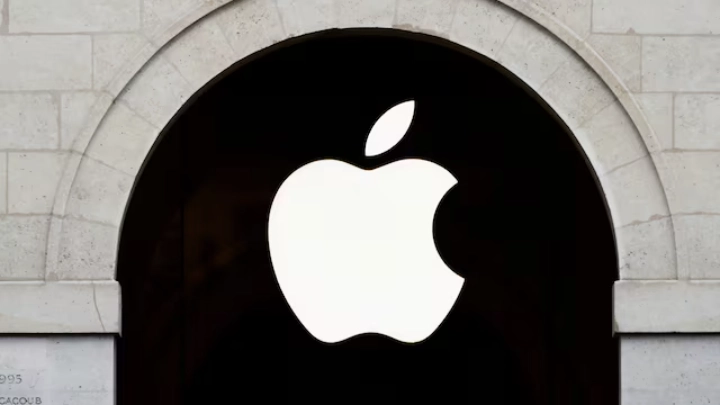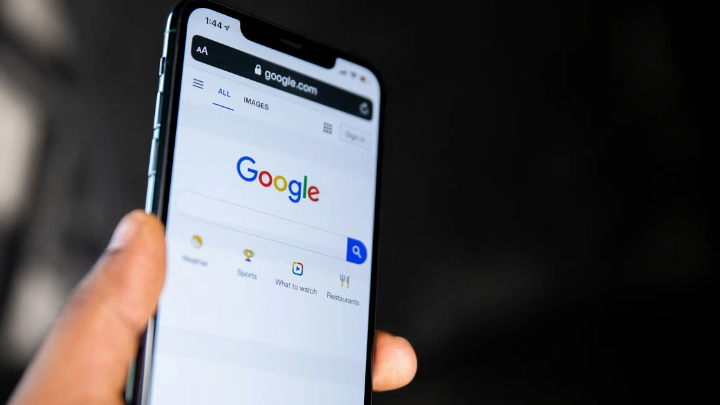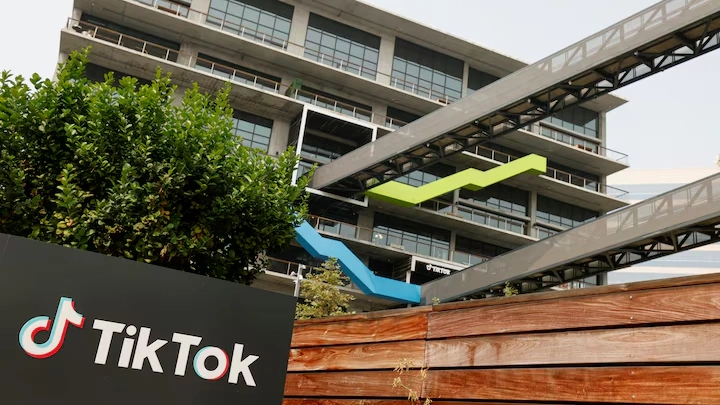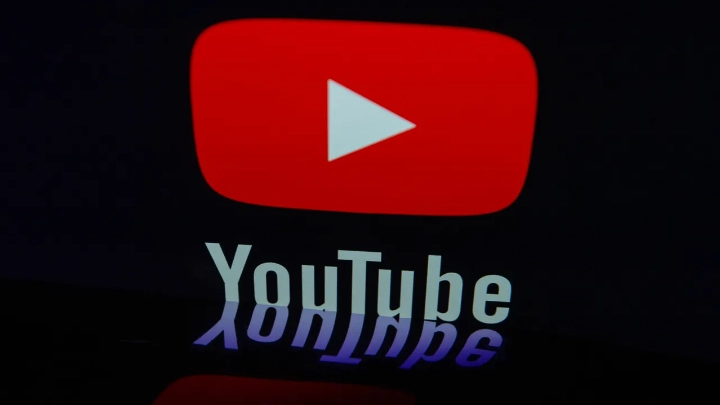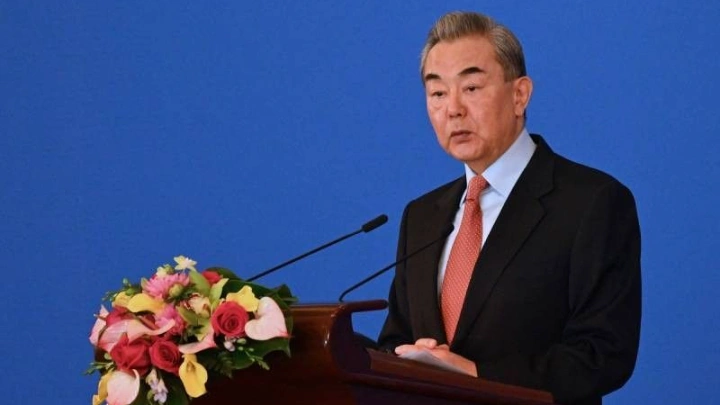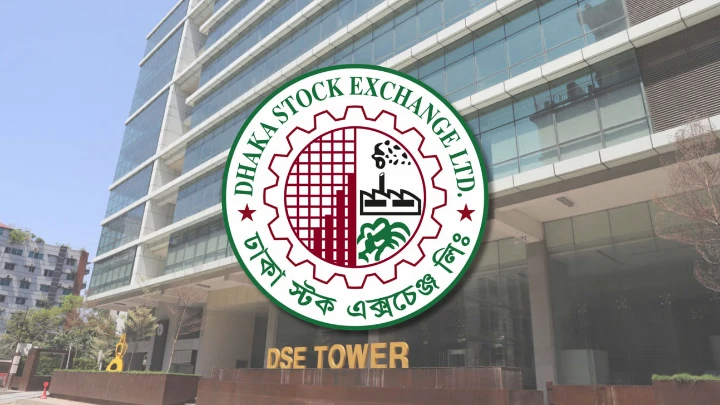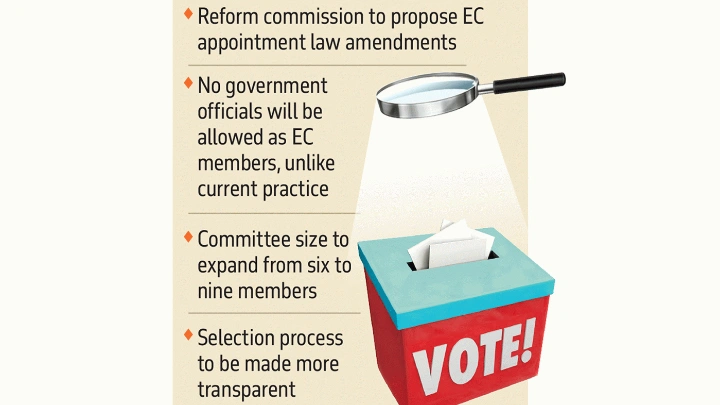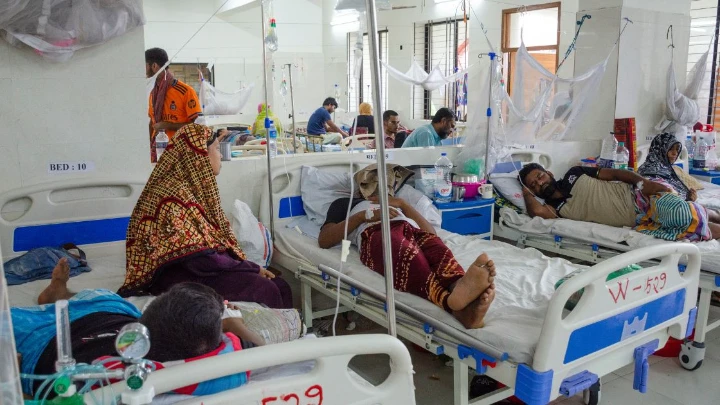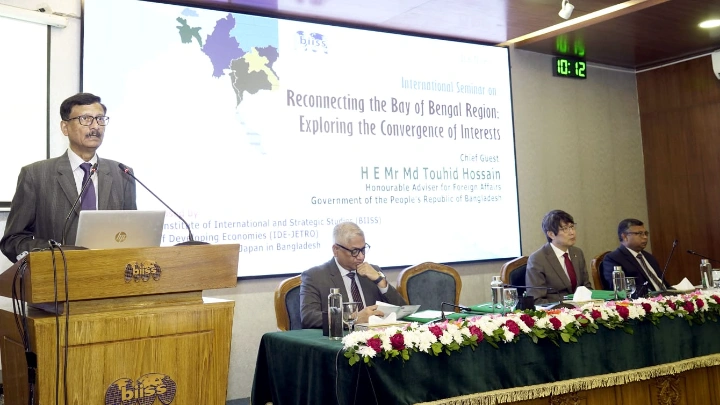After banning iPhone 16, Indonesia now bans Google Pixel too
DailyStar || Shining BD
Indonesia has halted the sale of Google Pixel smartphones, citing failure to meet domestic content regulations.
This move follows a similar ban on Apple's iPhone 16, signalling a strong push by Southeast Asia's largest smartphone market to ensure foreign companies invest in local production.
According to the Indonesian Ministry of Industry, smartphones sold in Indonesia must contain at least 40% locally sourced content. This rule, a pillar of Indonesia's industrial policy, aims to foster domestic economic growth by mandating that foreign firms either manufacture components locally, invest in innovation projects, or develop firmware within Indonesia. Companies that fail to secure local content certification cannot legally trade their devices in the country.
"The local content rule and related policies are made for fairness for all investors that invest in Indonesia, and for creating added value and deepening the industry structure here," said Febri Hendri Antoni Arief, spokesperson for the Ministry of Industry, reports TechCrunch.
Both Google and Apple are navigating the strict regulations that are part of Indonesia's broader strategy to bolster its tech ecosystem and capitalise on its significant consumer market. While companies like Samsung and Xiaomi have complied by establishing local manufacturing facilities, Apple has pursued compliance through alternative means, such as opening developer academies. Despite these efforts, Apple faced a sales ban last week for reportedly falling short of a $95 million investment target tied to its iPhone 16.
Indonesia's "local content level" certification system enforces these regulations, requiring handset and tablet manufacturers to meet the 40% threshold through various channels, whether physical production, software development, or funding local tech ventures. The regulatory framework forms part of Indonesia's ambitions to attract sustained tech investment and build a more self-sufficient industry.
Despite the presence of global tech giants, neither Google nor Apple ranks among the top five smartphone brands in Indonesia, according to market research firm Counterpoint.
Shining BD

